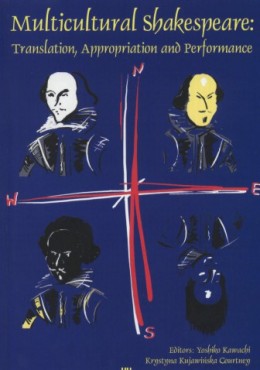The Hamlet Project in Goethe’s Wilhelm Meister’s Years of Apprenticeship
The Hamlet Project in Goethe’s Wilhelm Meister’s Years of Apprenticeship
Author(s): Thomas KullmannSubject(s): Theatre, Dance, Performing Arts, Education, Cultural history, 18th Century, Sociology of Art
Published by: Wydawnictwo Uniwersytetu Łódzkiego
Keywords: German theatre; French theatre; eighteenth century; Goethe; Hamlet; adaptation; society; aristocracy; middle class; bourgeois habitus; cultural capital; education; Globe-to-Globe Hamlet;
Summary/Abstract: Goethe’s novel Wilhelm Meister’s Apprenticeship, published in 1795, provides a fictional account of a theatrical production of Shakespeare’s Hamlet. Its initiator is young Wilhelm, whose experiences with this project, in the context of the novel, mark a decisive stage in his education and personal development; as well as, on another level, in the formation of a German national theatre, the mapping out of a theatrical space peculiar to the German national character. To realize his project Wilhelm has to negotiate with his manager and his fellow-actors; these negotiations can be considered reflections of the cultural aspirations and constraints prevalent late 18th-century Germany:– The project itself, as represented by Wilhelm, appears to be informed by a cultural movement towards emancipation from French culture: The character of Hamlet was interpreted as representing a role model for young Germans.– Informed by a theatrical practice based on French conventions, the manager objects to the lack of dramaturgical coherence of the Shakespeare play. As a compromise, Wilhelm composes an adapted version in which references to Wittenberg, Poland, France and England as well as several minor characters are cut, but the Hamlet scenes and speeches are retained.– Wilhelm and his friends also take account of German audiences’ preferences and capacities. The Hamlet project in Wilhelm Meister can be considered a case study of cultural appropriation. Shakespeare becomes a cultural import, used to define and map a cultural space for the German middle class, which in the nineteenth century set store by the quality of its educational make-up.
Journal: Multicultural Shakespeare: Translation, Appropriation and Performance
- Issue Year: 15/2017
- Issue No: 1
- Page Range: 147-159
- Page Count: 13
- Language: English

